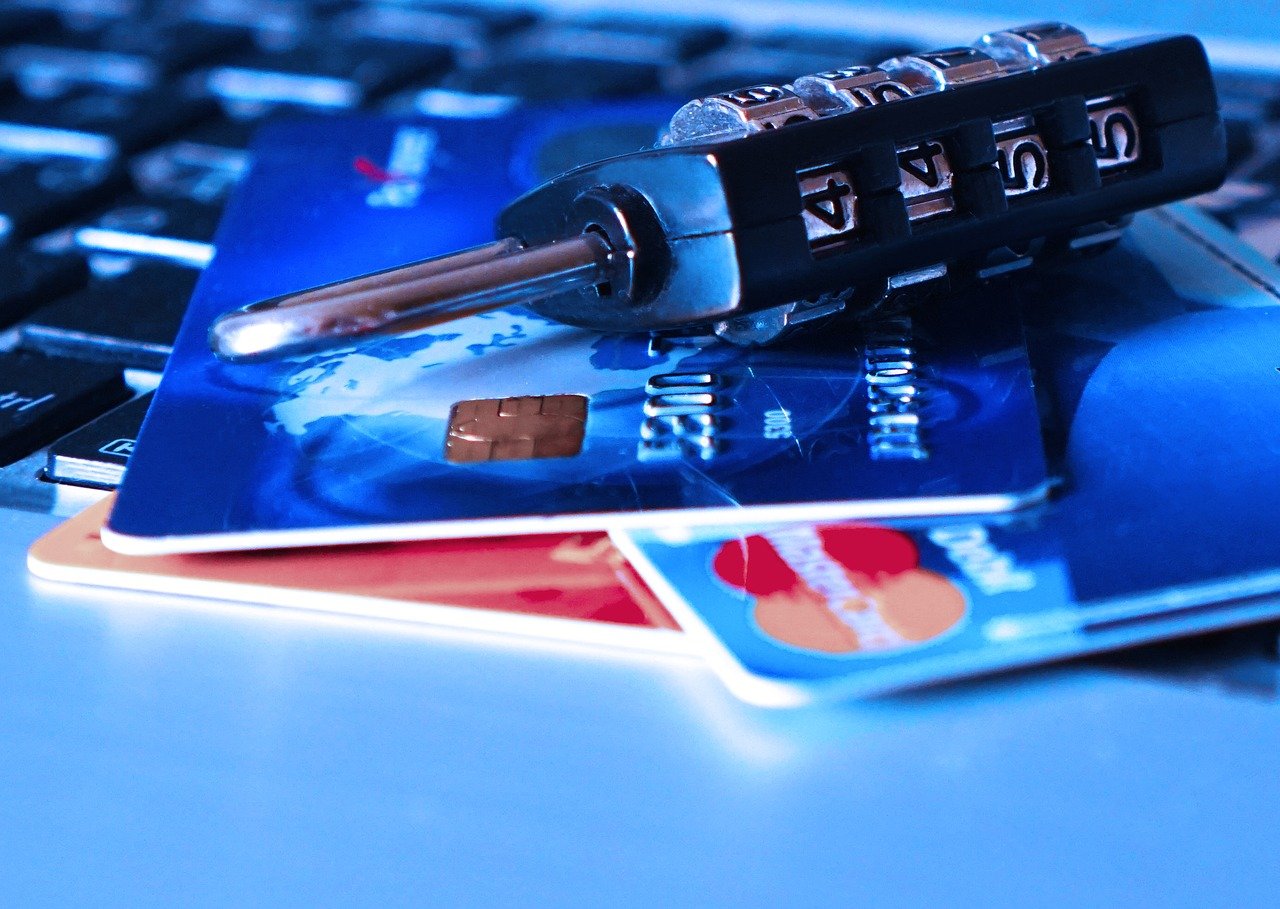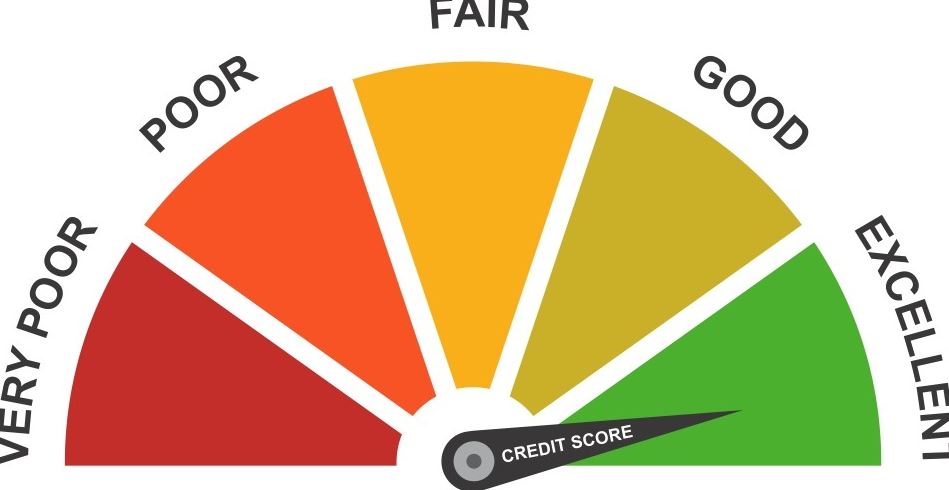Basic Facts of Credit Repair
Consumers with a problematic credit history often find credit repair to improve their credit to have an easier time financially. If you’re hiring a credit repair company to help you with your credit issues, visit here. As you navigate credit repair and expedite the best option to improve your credit, here are the most important things to find out about credit repair.
Anyone Can Do It
 Many people tend to believe that only credit repair companies can repair credits. But on the contrary, a credit repair company can do nothing for you that you can’t do for yourself. Many pieces of information are available in books and online that you can use as a reference to familiarize yourself with how credit works and what you can do to repair your credit.
Many people tend to believe that only credit repair companies can repair credits. But on the contrary, a credit repair company can do nothing for you that you can’t do for yourself. Many pieces of information are available in books and online that you can use as a reference to familiarize yourself with how credit works and what you can do to repair your credit.
Techniques like credit report disputes, debt validation, pay for delete, and goodwill letters can remove negative information on your credit history. Many of these are the same strategies credit repair companies use to get negative information removed from your credit report. By doing it yourself not only saves you money but also gives you power and control over your credit history. There may be other instances in your future that you need to increase your credit and the moment you can do it yourself, you may not have to acquire the help of a company.
Credit Repair Refers to Your Credit Report, Not Your Credit Score
When you repair your credit, you are working to improve the information on your credit report. This is what ultimately affects whether you have good or bad credit and is the basis of your credit score. When you’re ready to start working on your credit, checking your credit report is the first thing you should do. You can get a free copy of your credit report once a year from each of the major credit bureaus — Equifax, Experian, and TransUnion.
A Credit Score Helps You See Where Your Credit Stands
Whether you have good or bad credit is based on the information in your credit report. However, it is difficult to tell from your credit report whether your credit is bad or excellent. That’s why looking at your credit score is beneficial when it comes to getting credit. A bad credit score indicates a low credit history that needs work. When your credit score improves, it is a sign that your credit history is moving forward. Improving your credit in these areas will increase your credit score. If you are improving your credit score every time you want to check your credit, it can get quite expensive. Implementing a free credit scoring service, such as Credit Karma or Credit Sesame, will allow you to track your credit progress for free. When signing up for a credit monitoring service, look for one that doesn’t require a credit card.
Removing Accurate Negative Information is Challenging
The emphasis is on the real thing. Credit reporting agencies are required by law to remove documented inaccurate …



 common for financial institutions to check the credit rating of clients through credit bureaus. Also, before taking a loan online or a cash loan, users can check the credit rating on various platforms.
common for financial institutions to check the credit rating of clients through credit bureaus. Also, before taking a loan online or a cash loan, users can check the credit rating on various platforms.